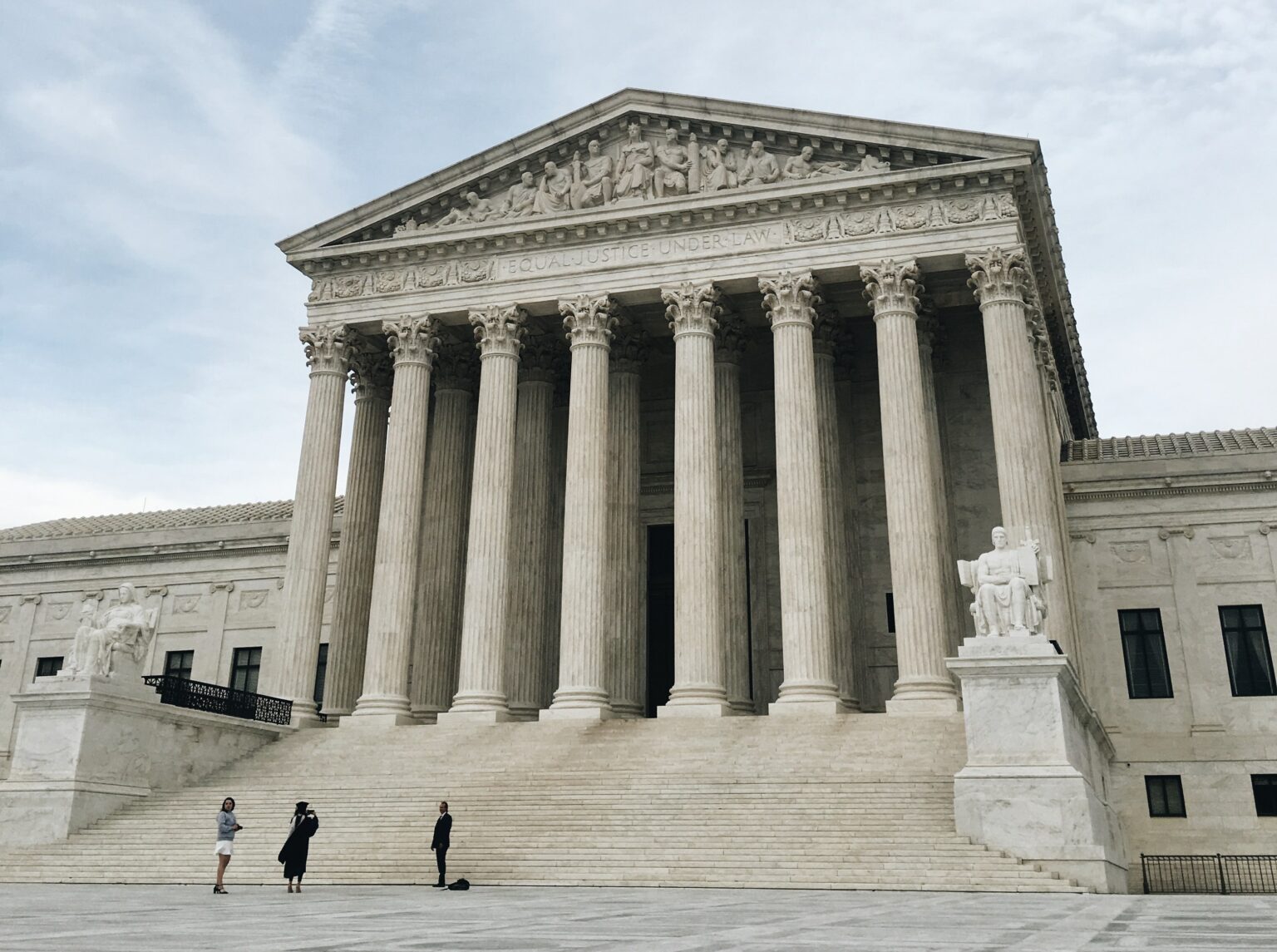The Supreme Court said Monday it would decide whether a disabled activist can file a lawsuit against hotels she does not intend to visit.
The case involves Floridian Deborah Laufer, who has filed over 600 federal lawsuits against hotel owners and operators.
Laufer suffers vision impairment, has limited use of her hands and must use either a cane or a wheelchair to get around. Her lawsuits assert that the hotels’ websites are not clear enough about whether their accommodations are accessible to people with disabilities.
Under the Americans With Disabilities Act (ADA), hotels must identify and describe their accessible features in sufficient detail.
Laufer’s lawsuits, as well as those of other self-appointed “testers,” are at the crux of the legal debate regarding whether they have “standing”—meaning they suffered an injury that gives them the ability to sue. Some appeals courts have ruled that people who never intended to visit the hotels they’re challenging can sue even so. Other courts, however, have disagreed.
The case that the Supreme Court is taking up involves Laufer’s lawsuit against the Coast Village Inn and Cottages in Wells, Maine. A federal trial court dismissed Laufer’s suit while a federal appeals could said the case could go forward.
The hotel currently has a notice at the top of its website that reads, “Please Note: Unfortunately, we do not have the capabilities to provide pet-friendly or ADA compliant lodging. We apologize for the inconvenience!”
The Court takes on Acheson Hotels LLC v Deborah Laufer one week after the Justices ruled unanimously in favor of a deaf student who sued his public school system for providing an inadequate education. That case sited both the ADA and the Individuals with Disabilities Education Act (IDEA).


